RBS smashes expectations with £940m profit
State-backed bank celebrates half-year success, but shadow hangs over rest of year
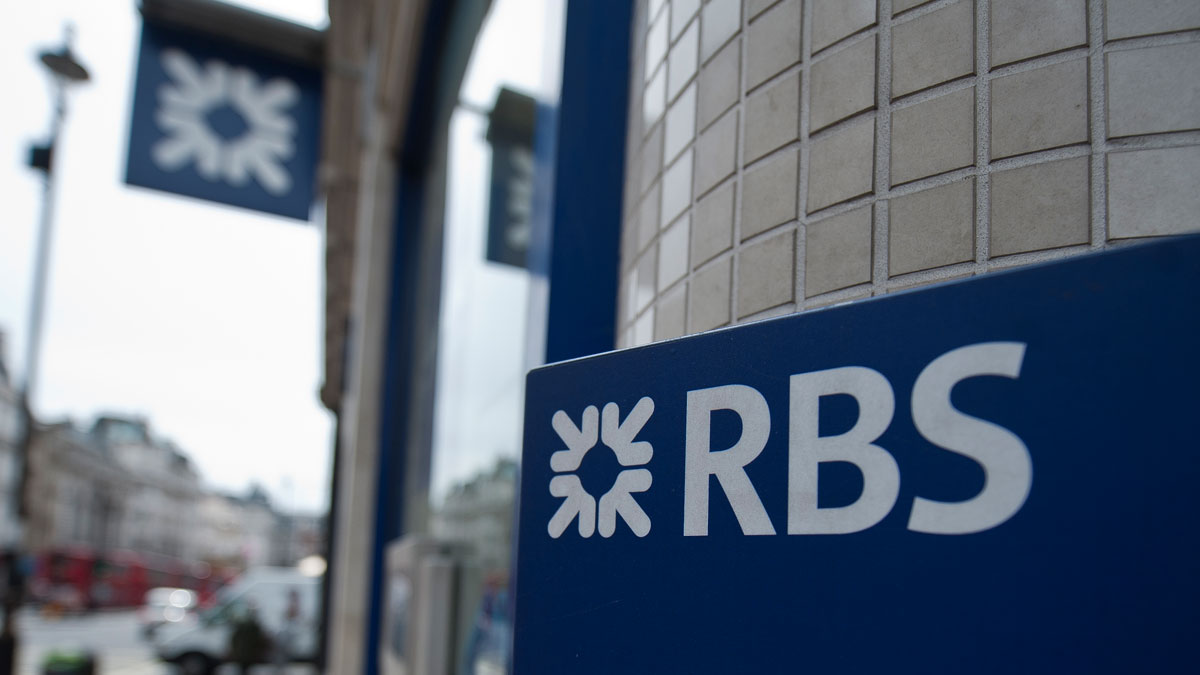
A free daily email with the biggest news stories of the day – and the best features from TheWeek.com
You are now subscribed
Your newsletter sign-up was successful
RBS under fire over £1bn film-financing tax break
17 February
Royal Bank of Scotland is under fire over claims it deferred or avoided as much as £1bn in tax in the decade leading up to the financial crisis through controversial tax breaks aimed at boosting investment into the UK film industry.
An investigation by Bloomberg found that 25 companies established by the bank, which had to be bailed-out by the government in 2008, invested as much as £3.5bn in sale-and-leaseback distribution deals relating to UK-produced films, including two of the Harry Potter franchise, Batman Begins, Troy and Charlie and the Chocolate Factory.
The Week
Escape your echo chamber. Get the facts behind the news, plus analysis from multiple perspectives.

Sign up for The Week's Free Newsletters
From our morning news briefing to a weekly Good News Newsletter, get the best of The Week delivered directly to your inbox.
From our morning news briefing to a weekly Good News Newsletter, get the best of The Week delivered directly to your inbox.
Under legislation introduced by the then Labour government in 1997, money invested into UK films could be offset against taxable income elsewhere. Based on the prevailing 30 per cent corporation tax rate at the time, that would imply up to £1bn was cut from RBS's upfront tax bill.
The perk was available to anyone investing more than £15m but was tightened significantly in 2007, after the government found it was benefitting investors more than the film industry. In the years since, a number of schemes that undertook the most "aggressive" avoidance, as well as the celebrities that backed them, have been dragged through the courts by HMRC.
Companies set up by RBS bought the distribution rights to films and then leased them back to the studios for a fixed period of ten to 20 years. One of those companies received £5.6m in the last year, says Bloomberg, "virtually all of which went to paying back a loan used to buy the movie" - which could mean the eventual "profit" on which tax is paid is minimal.
The fixed payments meant RBS never actually took on any risk in the event the films flopped. Bloomberg said ten of the bank's companies have been investigated, while The Guardian adds that according to sources, two were found to have enjoyed "accelerated" tax benefits that were partially repaid.
A free daily email with the biggest news stories of the day – and the best features from TheWeek.com
Jolyon Maugham, a tax lawyer who has represented investors in similar plans, described the deals as "highly artificial transactions done solely for tax avoidance reasons", but he said that does not mean they were illegal or "aggressive" in nature. The bank itself insists it complied with all tax laws at the time.
A spokesman for Warner Bros, the studio behind a number of the films involved, said the financing arrangements were one of the reasons it and its rivals brought larger productions to the UK. The studios benefitted from some of the tax breaks for allowing the film to be used and were able to invest the lump sum paid by the bank into new projects.
RBS takes on billions in charges to clear way for share sale
27 January
Royal Bank of Scotland has announced another wave of costs, charges and provisions totalling more than £4bn, which will push it to a net loss for the 2015 financial year.
Reporting results for the final three months of last year - the third quarter in the tax year - RBS revealed a new provision of £500m for mis-selling of payment protection insurance, which chief executive Ross McEwan said he hoped was "the end". It takes the total set aside to £4.3bn, the BBC notes, and bodes ill for other banks exposed to the crisis, notably Lloyds.
Elsewhere, the Financial Times points to a £1.5bn allocation to cover penalties from the US Federal Housing Finance Agency for alleged mis-selling of mortgage-backed securities during the boom years. Then there is a near £500m writedown against scandal-hit private-banking arm Coutts & Co and £1.6bn being pumped into RBS's closed defined benefit pension schemes to cover a massive deficit.
While this will leave the bank in the red for this year, it should help it to report cleaner, positive results for 2016.
While this will leave the bank in the red for this year, it should help it to report cleaner, positive results for 2016. "I am determined to put the issues of the past behind us and make sure RBS is a stronger, safer bank," said McEwan. "We will now continue to move further and faster in 2016 to clean up the bank and improve our core businesses."
The BBC's economics editor Kamal Ahmed says this will, in turn, clear the path for the bank to be returned to the private sector in line with plans set out last year by Chancellor George Osborne. "When you are about to sell the house, it's always worth a good clean up before potential customers arrive for a poke around," he said. "That's what's happening at RBS."
We're a long way from the Chancellor being able to get back to selling down the taxpayer's 73 per cent stake. RBS shares were down 3.2 per cent this morning to 252.6p; when the government offloaded £2.1bn worth of shares at 330p last August, crystallising a £1bn loss for the taxpayer, it came in for fierce criticism that it was letting the bank go too cheap.
Analysts are split on prospects for the stock. The bank still has to settle a big case over its boom-era mortgage bonds with the US Department of Justice, which will probably be in the billions of dollars and which Alex Potter from Mirabaud Securities told the BBC is "still worrying the market".
But UBS's Jason Napier, speaking to the Daily Telegraph, says markets are already overpricing this and shares could be good value right now. He said the current market capitalisation implies a discount to its book value of £19bn, while the fine should be between £2bn to £3bn. Napier is predicting RBS shares will rise strongly to 350p over the next 12 months.
RBS under fire again after sitting on customer cash
14 December
State-backed bank Royal Bank of Scotland is under fire again, this time after it admitted it has been sitting on a quarter of a million pounds of customer deposits.
The Sunday Times reports the bank has launched an "internal inquiry" and that it has been told by the financial regulator to write to thousands of affected customers. RBS has said it will send out letters of apology this month.
At issue are the 'dormant' accounts of 4,500 customers. A website created in 2008 by trade associations including the British Bankers' Association, Mylostaccount.org.uk, was meant to help reunite people with pots of money they may have forgotten about and which are sitting in inactive accounts.
But RBS told 4,500 customers that it did not hold any money on their behalf, when in fact it did. The bank says the problem came about after it "mistakenly set up the wrong filters on computer software" that would identify the rightful owners with balances averaging around £50.
Some will see the case as a cynical ploy to hold on to customer deposits, which are a useful source of capital on its battered balance sheet.
Others may believe the issue was an honest mistake – after all, £250,000 is a drop in the ocean for a bank of RBS's size – but think the issue highlights again technical frailties that were exposed in two high-profile IT glitches in recent years.
Around 600,000 transactions were delayed in June as a result of one problem, while an earlier system crash in 2012 denied account holders access to their funds for days and eventually led to a fine of £56m. Other banks have suffered similar issues.
The latest scrutiny will certainly not help build confidence in the bank, which has been shaken afresh in recent months as it warned of a continued profit hit related to past misconduct and the Bank of England gave RBS only a qualified pass in capital 'stress tests'.
Shares fell 0.4 per cent this morning to 284p. This is almost 50p below the 330p at which the government sold a £2bn stake in September, which itself represented a £1bn loss for the taxpayer as it was substantially less than the 502p paid for shares by the Labour government in 2008.
RBS: will huge loan book hamper dividends?
07 December
Royal Bank of Scotland could be forced to delay plans to pay out dividends to shareholders, which could in turn affect the government's plan to return the bank to the private sector.
According to research carried out by KPMG for The Times, state-backed RBS has the largest exposure to commercial property loans of any of the large lenders in the UK, at around 11 per cent.
Commercial property is becoming a key area of concern for the Bank of England, which noted in its latest financial stability report that prices have started to rise and that funding is "becoming riskier".
With commercial property suffering among the biggest writedowns of any sector in the financial crisis, it is expected that the next round of annual stress tests - during which regulators model the ability of banks to withstand shocks - could focus on this area.
RBS, along with Standard Chartered, scraped through the stress tests this year, although both were singled out for falling short of the preferred level for capital safety buffers and needing to take action during the year to bolster reserves. It was the second year RBS has barely managed a pass.
Failure could mean the bank is asked to raise more capital. This could hamper its pledge to begin returning capital to shareholders in the form of dividends or buybacks from 2017.
Steven Hall, a banking partner at KPMG, said it "would require a commercial real estate shock in excess of 50 per cent to generate losses similar to the recent stress test results". From peak to trough, the financial crisis saw 44 per cent wiped off commercial property portfolios, which led to a nine per cent writedown on bank loans.
RBS has moved to reduce the size of its real estate lending portfolio elsewhere, with its subsidiary Ulster Bank selling off £1.6bn worth of loans to a consortium led by private equity group Lone Star Funds.
The sale reduces risk-weighted assets by £700m and generated around £360m, says the Daily Telegraph, which will result in a fourth quarter gain of £245m.
RBS: call for halt to share sale ahead of Commons debate
05 November
Campaigners for banking reform have called on George Osborne to stop the sell-off of Royal Bank of Scotland shares at a loss to British taxpayers.
The plea comes as the House of Commons prepares to debate the government's stake in RBS and the future of UK banking later today.
The government began the process of selling shares back to the private sector in August, reducing its total economic ownership from 78.3 per cent to 72.9 per cent at a £1bn loss to the taxpayer. Ministers have now revealed plans to sell off the entire holding.
But campaigners, including the trade union Unite, have written an open letter to Osborne calling him to rethink his approach, reports The Guardian.
The signatories are urging the government to undertake "a proper, independent review of how the public stake in RBS should be dealt with to best support the government's stated objectives of getting the best value for the taxpayer and maximising support for the economy".
They add: "In our view, the only way to make good our investment in RBS is to treat it as an opportunity to fix our broken banking system."
The sale is opposed by three out of four people who are aware of the sell-off and hold an opinion on the matter, according to a Populus survey, while a petition to end the sale has received 119,000 signatures.
A spokesman for the campaign group Move Your Money says the British public is "overwhelmingly opposed to the reckless fire sale of RBS back to the people who caused the financial crisis".
Campaigners believe that RBS, which was rescued with £45bn of taxpayers' money, should be "made to work for the good of the nation", such as rebuilding the economy, supporting rural communities and working for the people who "saved the bank when it was on its knees".
-
 The Olympic timekeepers keeping the Games on track
The Olympic timekeepers keeping the Games on trackUnder the Radar Swiss watchmaking giant Omega has been at the finish line of every Olympic Games for nearly 100 years
-
 Will increasing tensions with Iran boil over into war?
Will increasing tensions with Iran boil over into war?Today’s Big Question President Donald Trump has recently been threatening the country
-
 Corruption: The spy sheikh and the president
Corruption: The spy sheikh and the presidentFeature Trump is at the center of another scandal
-
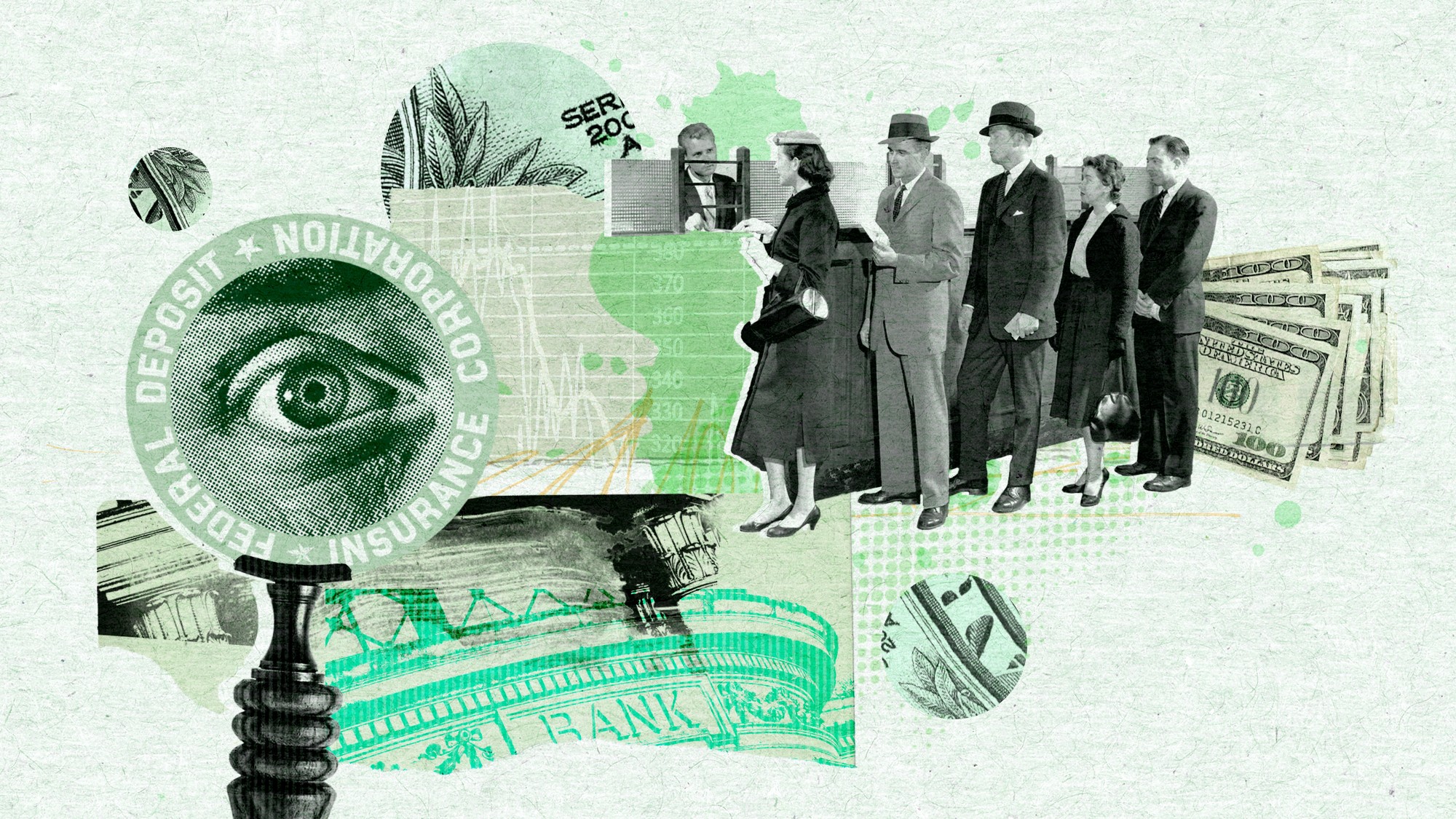 What does the FDIC do?
What does the FDIC do?In the Spotlight The Federal Deposit Insurance Corporation is now a 'Trump target'
-
 TD Bank accepts $3B fine over money laundering
TD Bank accepts $3B fine over money launderingSpeed Read The US retail bank pleaded guilty to multiple criminal charges
-
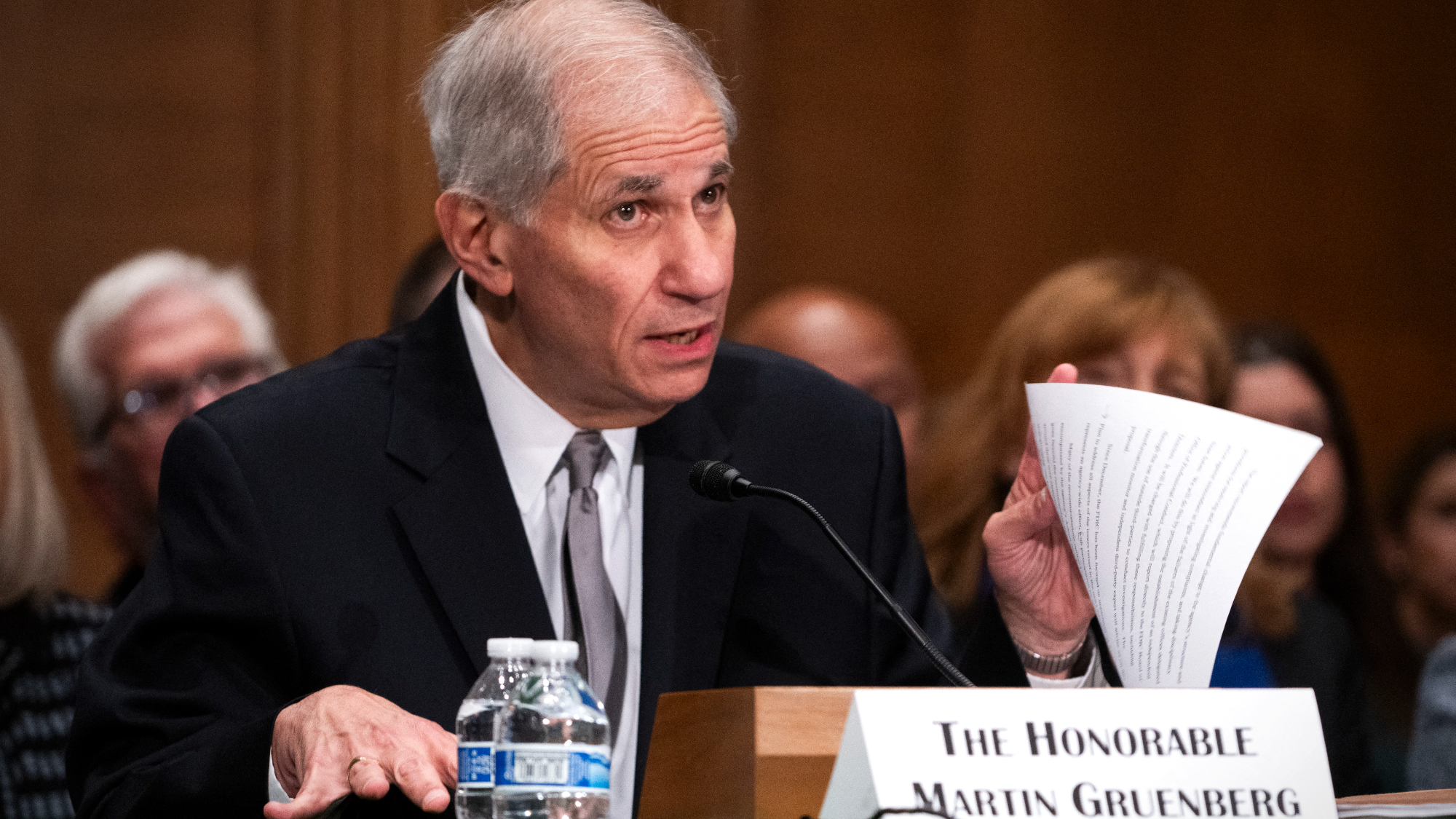 FDIC chair out after toxic work culture report
FDIC chair out after toxic work culture reportSpeed Read The report revealed a trend of sexual harassment and discrimination at the Federal Deposit Insurance Corporation
-
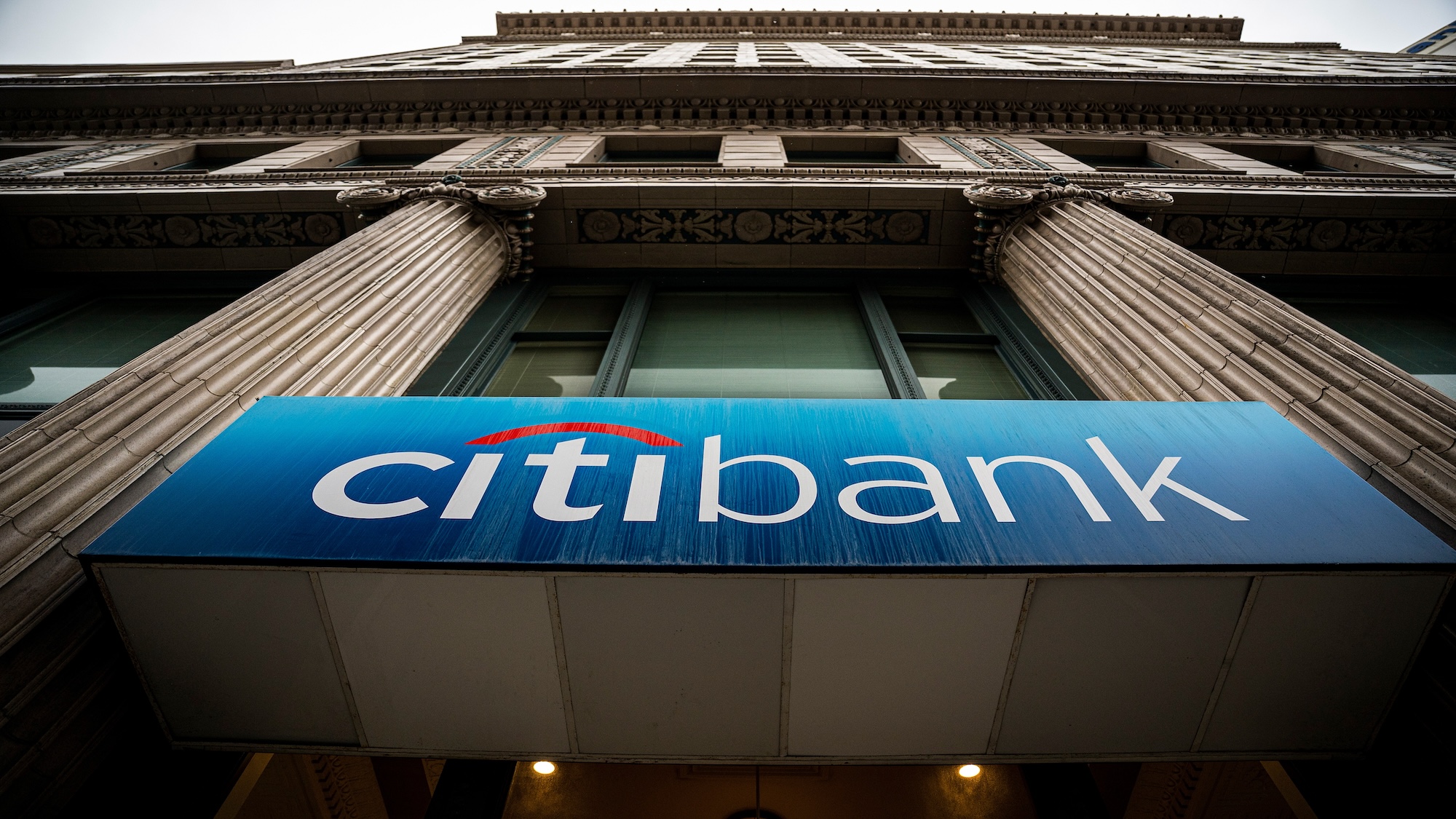 Citibank to cut off online access for customers who don't go paperless
Citibank to cut off online access for customers who don't go paperlessSpeed Read The bank will shut off the customer's access to both their online website and mobile app
-
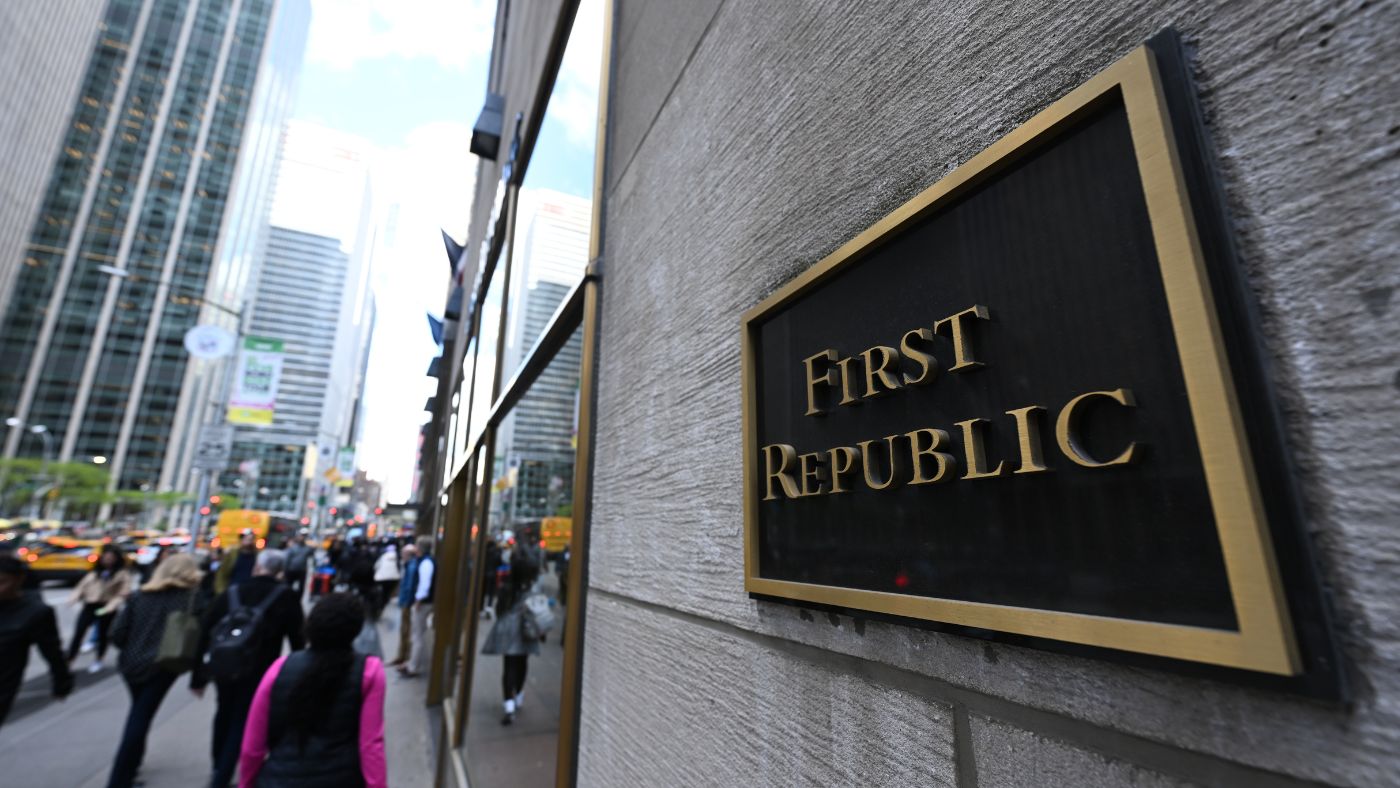 First Republic: will UK banks survive unscathed?
First Republic: will UK banks survive unscathed?Under the Radar US shares dip after collapse of third regional bank, but experts say contagion to the UK is unlikely
-
 Banking crisis: has the city weathered the financial storm?
Banking crisis: has the city weathered the financial storm?Talking Point The financial storm appears to have abated, but no one’s ruling out more squalls along the way
-
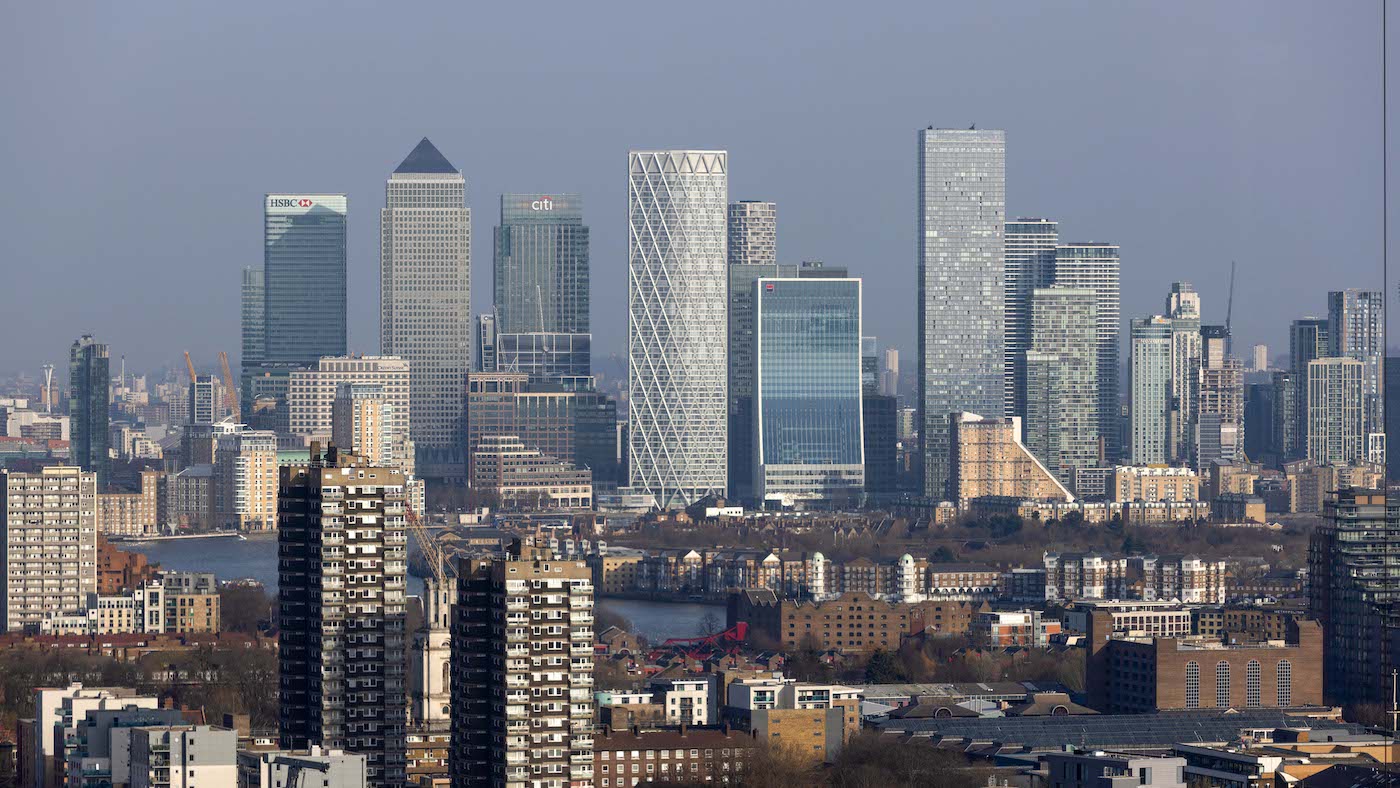 Should the UK relax bank ring-fencing rules?
Should the UK relax bank ring-fencing rules?Talking Point Treasury minister said he hopes to ‘boost competitiveness’ in the City with easing of regulations
-
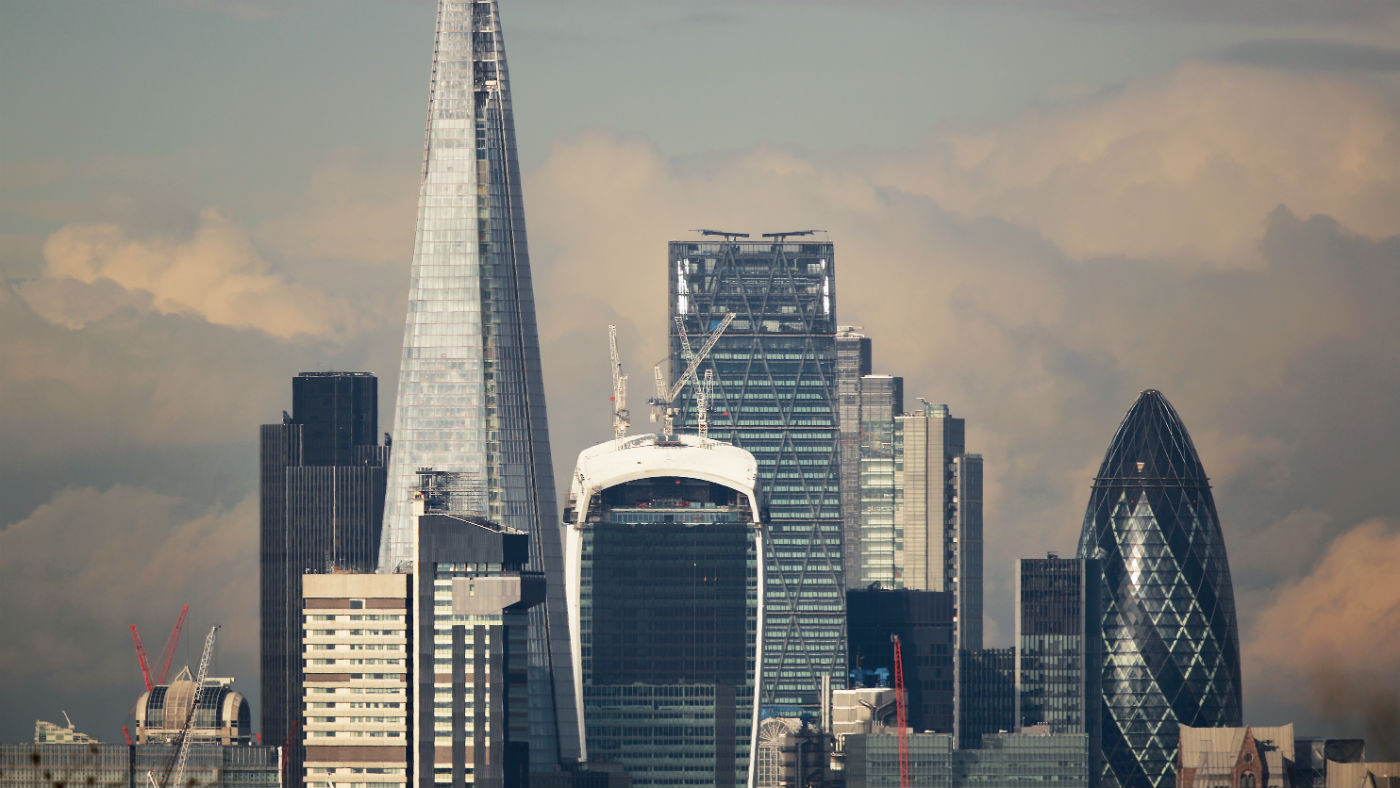 Should caps on bankers’ bonuses be scrapped?
Should caps on bankers’ bonuses be scrapped?Talking Point New chancellor Kwasi Kwarteng believed to be planning contentious move to ‘boost the City’